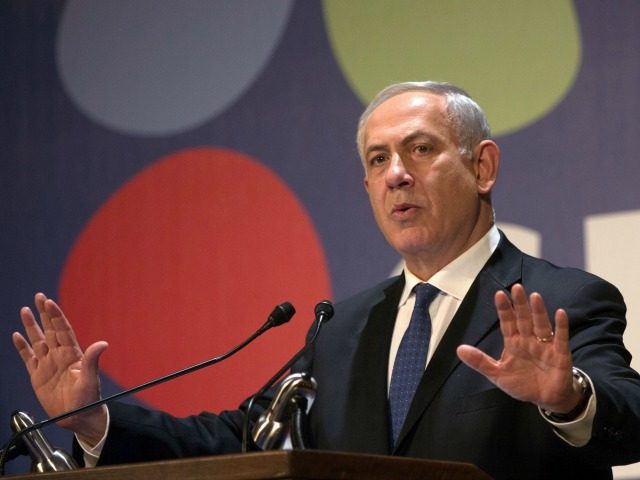TEL AVIV – Prime Minister Benjamin Netanyahu has yet to iron out the chinks with the United States as well as with Alternate Prime Minister Benny Gantz over his plans to annex parts of the West Bank and the Jordan Valley, a cabinet minister said on Thursday.
“There are gaps between the Americans and us on this matter and between us and our senior partner in the unity government, Blue and White,” Minister of Settlement affairs Tzipi Hotovely told Army Radio, referring to the party headed by Defense Minister Gantz.
“There is still no agreed map on this issue. It has to be agreed by parts of the (Israeli) government and by the American side,” Hotovely, who has just accepted an appointment as ambassador to the UK, said.
Gantz has said he welcomes a broad dialogue on the matter from the international community.
The European Union’s representative to the Palestinian territories, Sven Kühn von Burgsdorff, said annexation “if it happens, will have consequences for the relationship between Israel and the EU.”
On Thursday, Gantz said he spoke to the E.U.’s foreign policy chief Josep Borrell, saying he was “committed to pursuing peace” and “emphasized that we will work through diplomatic channels, keeping an open dialogue with the European community and with our regional partners, while doing everything necessary to protect Israel’s security.”
He did not mention the issue of annexation.
Meanwhile, more than 100 international law experts signed a letter calling on Netanyahu not to go ahead with the move, calling it “a flagrant violation of bedrock rules of international law, and would also pose a serious threat to international stability in a volatile region.”
Netanyahu has vowed to begin annexation, with the U.S.’ blessing, on the July 1 date delineated in his coalition deal with Gantz.
However, officials say the prime minister is likely to announce the annexation of three large Jewish settlement blocs in the first stage, but will not make any declarations for now regarding the Jordan Valley or the rest of the West Bank.
The U.S. has made it clear no unilateral moves to annex should happen before a mapping committee finishes contouring the territory, something that could take many weeks or even months, according to the Times of Israel.
Netanyahu is now likely to delay most of the annexation plans and will only work on extending sovereignty over the towns of Ma’ale Adumim and Ariel as well as the large Gush Etzion bloc south of Jerusalem, the Hebrew-language Zman Yisrael reported.
According to the report, those three areas are within the broader consensus, both in Israel and the U.S., of being applicable for Israeli law.
The officials said the decision to focus on those less contentious areas was in consideration of Jordan’s relationship with the U.S., the report said.
King Abdullah of Jordan has warned of a “massive conflict” if Israel proceeds with plans to apply law to parts of the West Bank, raising concerns that the Hashemite Kingdom may even cancel its peace treaty with the Jewish state.
Earlier this week, Prime Minister Mohammed Shtayyeh warned if Israel goes ahead with the plans, the Palestinians would unilaterally declare a state based on the pre-1967 lines.
However, the Palestinian Authority has failed to rally the Palestinian public against annexation, barely managing to draw 200 protesters in a what was supposed to be a large-scale demonstration in Ramallah.
The Trump administration’s peace plan sees Israel annexing 30 percent of the West Bank and the Jordan Valley. It would also see a demilitarized Palestinian state established on most of the West Bank with parts of eastern Jerusalem that are outside the Israeli security fence as its capital.

COMMENTS
Please let us know if you're having issues with commenting.